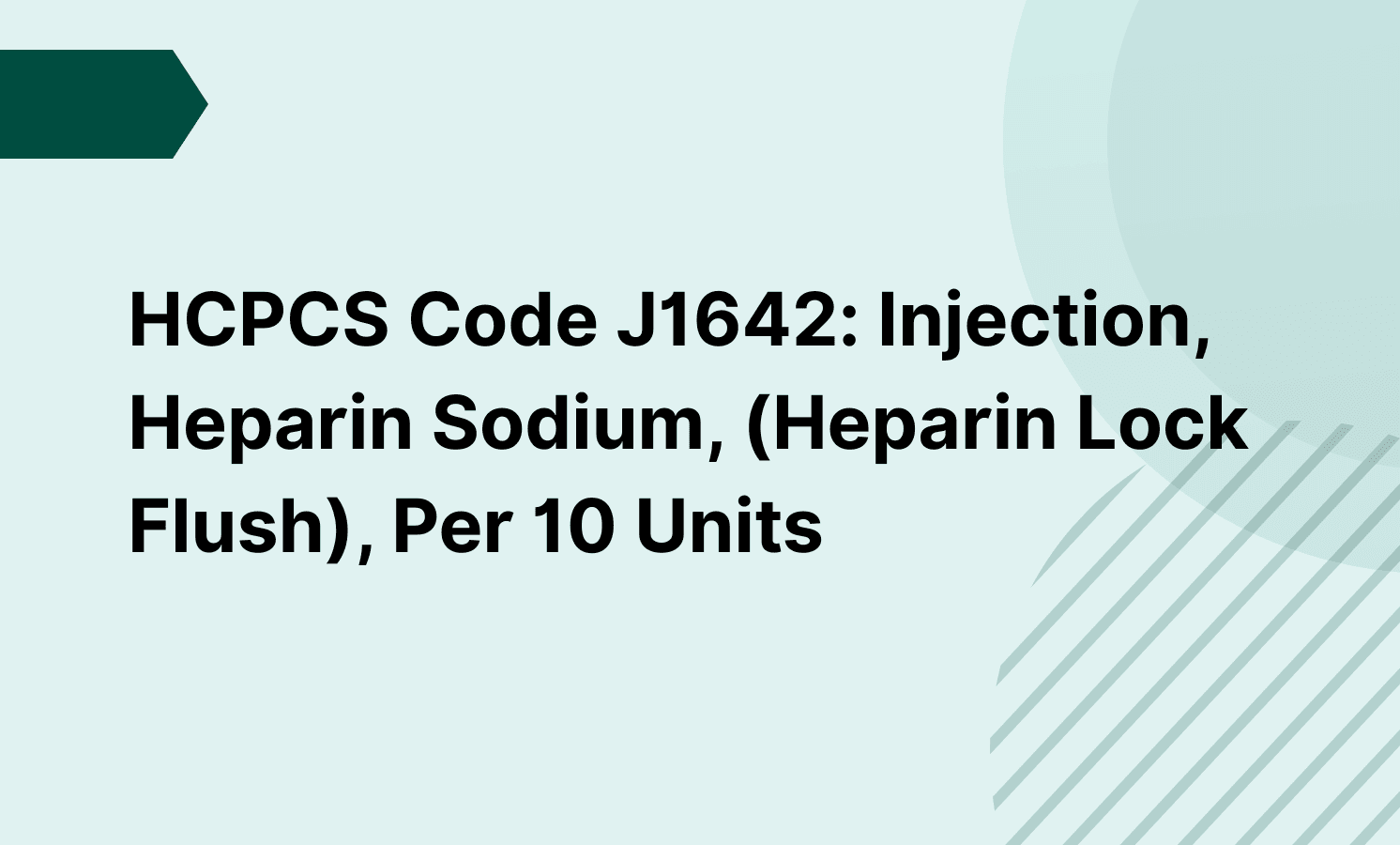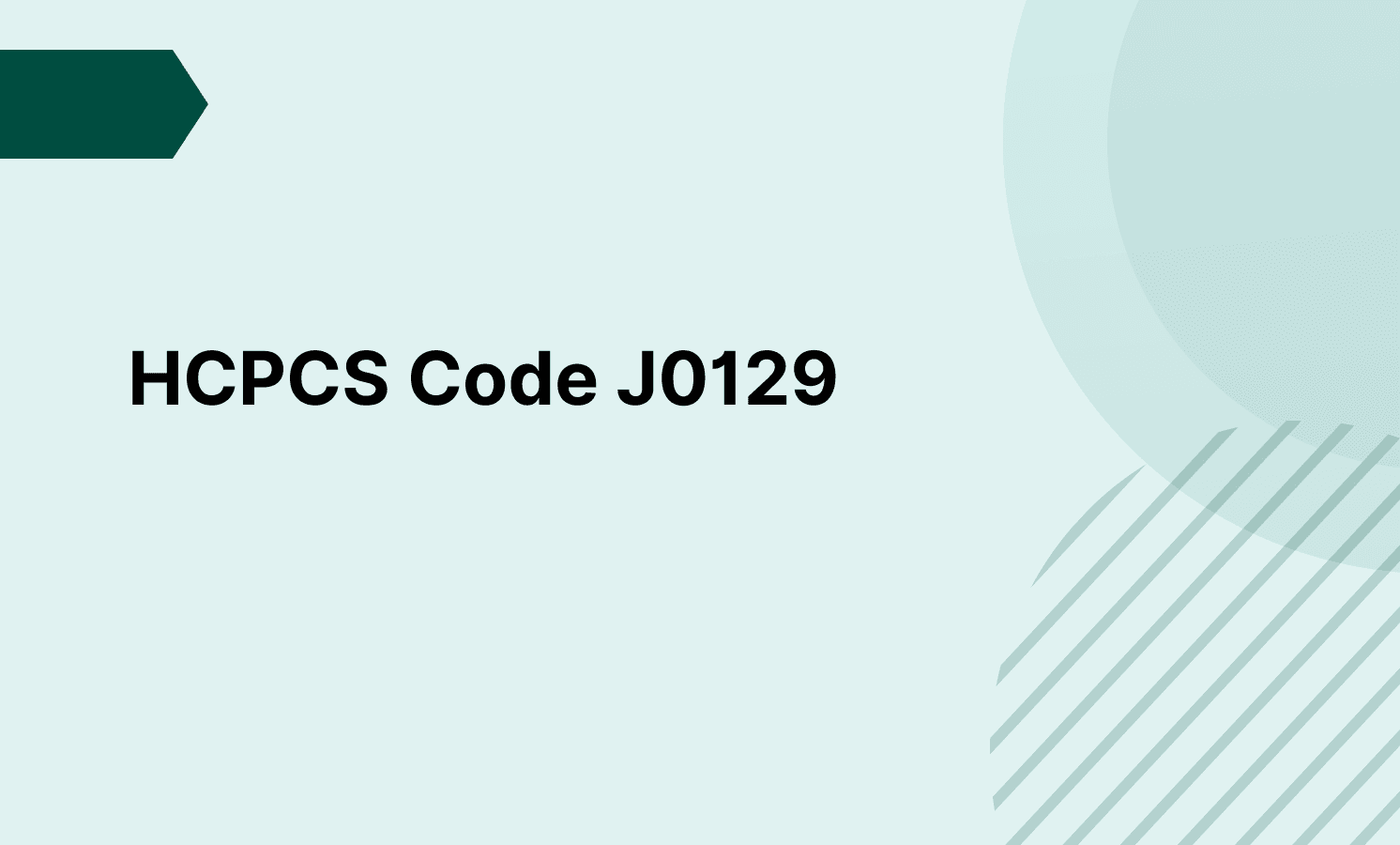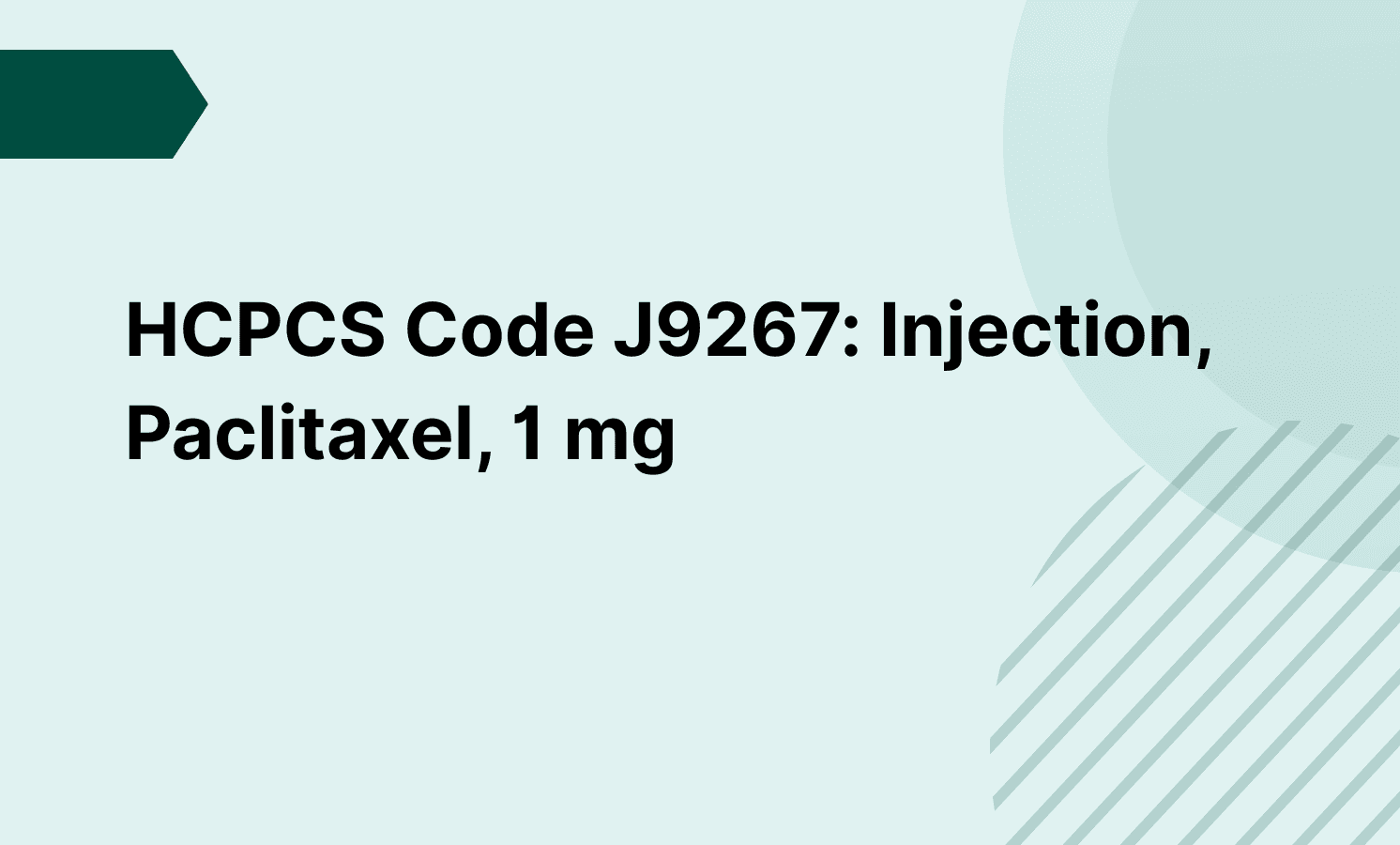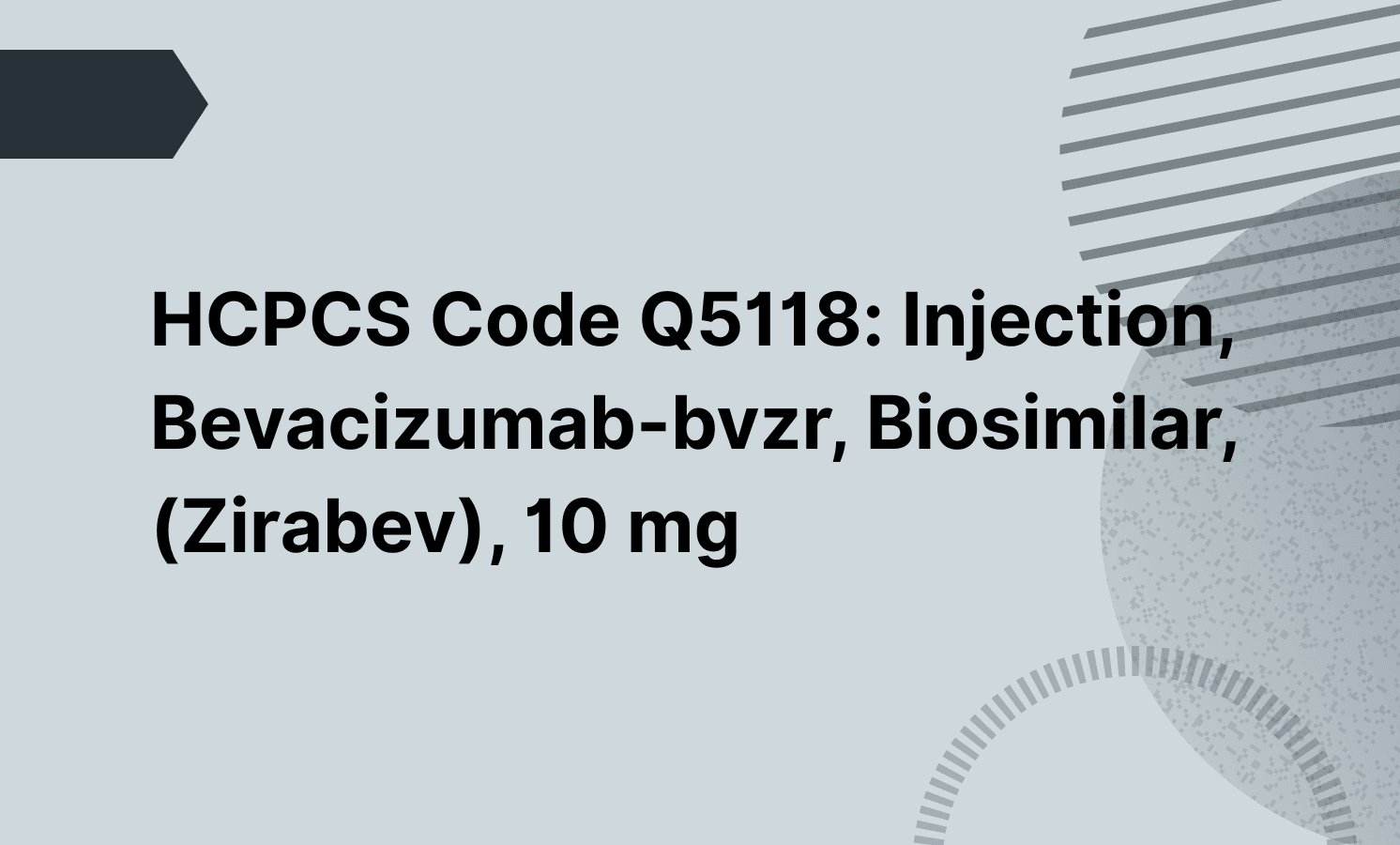Yes, you can report 99391 CPT code and 99212 on the same day if a separate problem-oriented service is provided, such as evaluation of an acute illness. In such cases, append modifier -25 to the E/M code (e.g., 99212) to indicate a significant, separately identifiable service was performed in addition to the preventive medicine evaluation and management. Documentation must support both services.
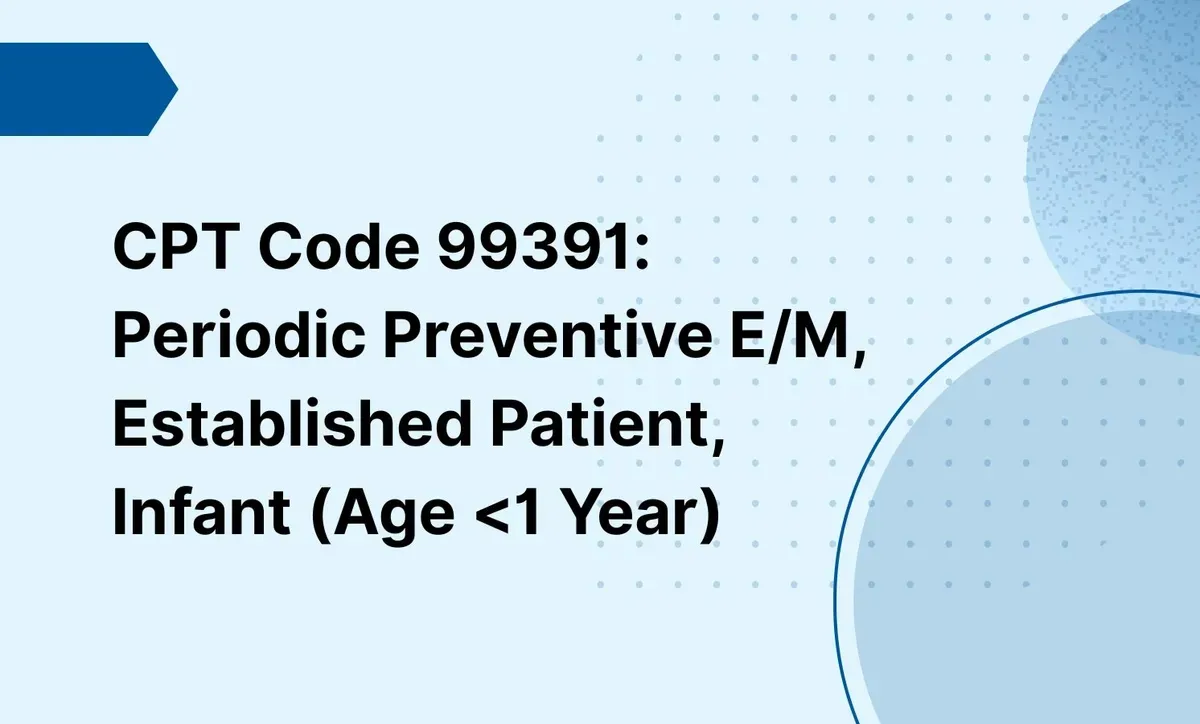
CPT Code 99391: Periodic Preventive E/M, Established Patient, Infant (Age <1 Year)
Get insights on CPT code 99391 for infant preventive visits, including documentation, billing rules, and more.
Frequently asked questions
No, vaccines and their administration are not included in CPT code 99391. You must bill vaccine product codes and administration codes separately. The preventive visit may include a review of immunization history, but services provided, such as injections, are distinct and must be reported using applicable codes based on patient’s age and vaccine schedule.
If a child misses a scheduled preventive visit, bill the periodic comprehensive preventive medicine reevaluation code that corresponds to the child’s age on the date of the visit.
EHR and practice management software
Get started for free
*No credit card required
Free
$0/usd
Unlimited clients
Telehealth
1GB of storage
Client portal text
Automated billing and online payments

